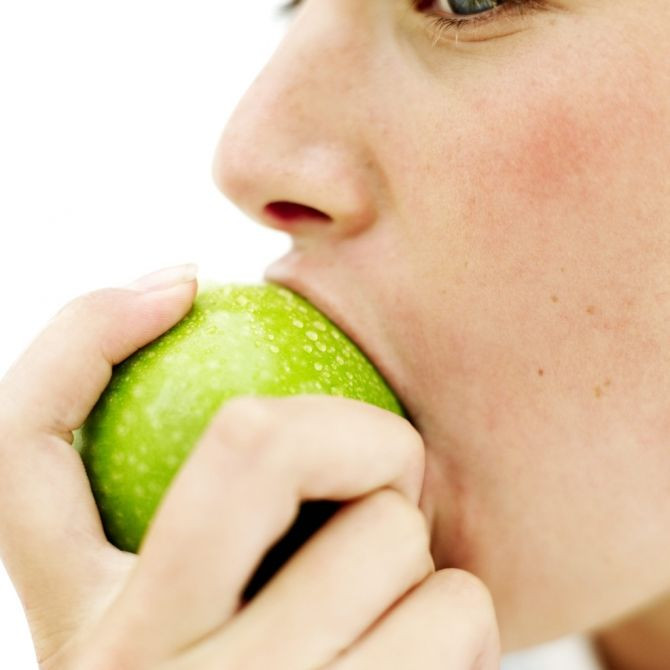Teens Who Eat Four or More Meals a Day Are Slimmer Regardless of Exercise Habits

Adolescents who eat more than four meals a day are thinner compared to those who eat fewer meals a day, according to researchers.
Consuming more meals a day and eating at a slower pace is associated with lower levels of body fat, which was independent of exercise habits, a new study found.
Spanish researchers headed by the Institute of Food Science and Technology and Nutrition (ICTAN) of the Spanish National Research Council measured the body fat of 1,978 teens between the ages of 13 and 18 from five Spanish cities (Granada, Madrid, Murcia, Santander and Zaragoza) by taking the sum of six skin folds and the waist circumference.
Researchers found that boys and girls who consumed more meals a day and ate slower had less body fat than their counterparts.
While boys who ate faster during meals were on average taller, weighed more and had a larger waist circumference than the girls, researchers found that their accumulated fat rate was lower.
The study also found that eating breakfast on a daily basis was especially advantageous for boys who do not exercise because those who did not have breakfast on a regular basis had higher levels of body fat.
Researchers also found that one in every four girls and one in every three boys in Spain are overweight or obese, even though 81.5 percent of the boys and 51.5 percent of the girls exercised.
Researchers say that the key to preventing obesity is maintaining healthy eating habits, especially for adolescents because 20 percent of their adult height and 50 percent of their muscle and bone mass is achieved during puberty.
Experts say that rapid growth processes during puberty requires a diet that has consists of a high amount of energy and nutrients.
The three most important minerals needed during adolescence are calcium, iron and zinc, calcium for bone growth, iron for hematologic tissue (red blood cells) and muscle tissue growth, and zinc for bone and muscle growth.
Researchers recommend that adolescents drink three to four glasses of milk or yogurt for calcium, vitamin D and riboflavin and eat five or more portions of fruit and vegetables, two portions of lean protein foods and six to 12 portions of cereal, pasta, rice and potatoes, and avoid foods that are rich in fat and sugar.
The findings are published in the Journal of Adolescent Health.



























